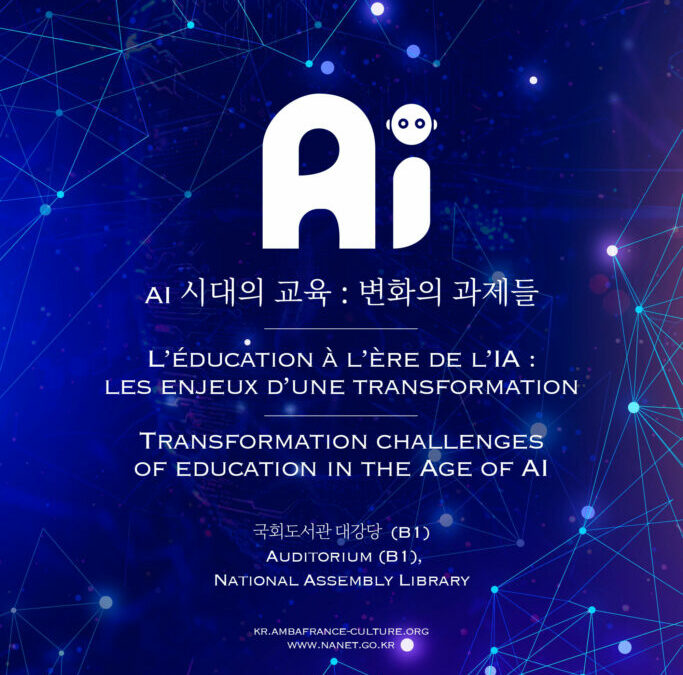K.S. Park’s presentation at a Meta-sponsored webinar titled: Leading the way into the metaverse: North East Asia’s potential – Enabling interconnected virtual worlds.
10:00am SGT I 11:00am JST/KST Tuesday 25th October 2022.
Speakers:
Monica Desai, VP, Connectivity and Access Policy, Meta
Kyung Sin Park, Director, Open Net Korea
Chris Hung, Chris Hung, Vice President and Director General, Market Intelligence & Consulting Institute
Synopsis: Over the past two to three decades, consumers have gone from chunky desktops to laptops to mobile phones; from dial-up phone lines to fibre-optic broadband and high-speed wireless access technologies such as 5G; from texts to photos to videos. This evolution has been driven by advances in computing power, network infrastructure and the emergence of new communications standards and platforms. The advent of the metaverse is the next logical step in this evolution. Already, millions of people interact in 3D gaming worlds.
But what challenges need to be overcome in hardware, connectivity and standards if the metaverse is to become as widely adopted as smartphones and the current internet? Improvements will be needed in semiconductors, display technology and sensors. Fast, reliable connectivity will be vital. Perhaps most challenging of all, metaverse technologies and tools developed by different firms must be interoperable and follow common standards to ensure an open and inclusive metaverse. What role can governments and regulators play in fostering solutions to these infrastructural challenges, and developing an open, vibrant and competitive metaverse ecosystem? What are the barriers that must be overcome to enable interoperability between platforms?
______________________________
As the metaverse attempts to present a virtual experience indistinguishable with the real ones, the legislators in such countries in Korea are proposing to punish virtual actions at par with real actions especially in the sexual crime areas. These regulations will threaten the growth and acceptance of metaverse. It is a no brainer that metaverse is an imaginary world where people communicate with one another. Communication is speech and any regulation on communication frictions with freedom of speech. When we watch movies, characters kill one another and we do not treat killings there as murders as we evaluate actors and producers. The difference for metaverse is that the characters are bound up with our identities. Is that difference sufficient to justify punishing virtual actions? There are movies modeled after real-life events and characters, and featuring injuries and harms committed on the movie characters is not treated or evaluated as such. We need to remember that when the internet became popularized in early 1990s, the Declaration of Independence of Cyberspace came out. It is not that no regulation is allowed in the cyberspace but that as long as what happens in cyberspace remains cyberspace, only those actions and speeches in cyberspace causing real harms outside the cyberspace should be punished or regulated. We can say the same thing about the proposals to regulate metaverse.
Now, exactly for that reason, hate speech-type regulations are necessary in the metaverses to the extent that hate speech in metaverse is also hate speech as long as it passes the same text of whether it is likely to cause hostility or discrimination against certain groups. However, such hate speech regulation will require verifying the identity of the users behind avatars because evaluation of hate speech is very much contextual (i.e., who spoke against whom? is the speaker part of the ruling majority or a vulnerable group? how do you decide the majority/minority distinction?) and will end up collecting and amassing personal data about the users, posing regulatory challenges and chilling participation in the metaverse. South Korea had exactly such law the Internet Real Name Law and the founders of Open Net struck down the law as unconstitutional but only after 5 years of its enforcement. This is why the role of the mataverse operators is important: self-regulation. There are ways to combat hate speech within the metaverse in a way that does not entail the massive collection of personal data.
Another law in South Korea that impinges upon the independence of the metaverse is the rule against converting game cash, game points, and game items into cash. Game is the most interesting area of metaverse growth and South Korea is one of the biggest players in the global game industry but no big game company participates in the SK government’s Metaverse Alliance exactly because the “play-to-earn” games, the most important trend in the intersection of the games and metaverse, are banned in South Korea. People should be allowed to give and recognize value for what goes on in the metaverse.
Also, there remains a question whether the value within the metaverse is sustainable. Digital beings can be always copied ad infinitum and therefore they cannot easily be the receptacle of value. NFT artificially creates scarcity, enhancing the value of digital works. Although digital copies can be always made by those who want to enjoy the NFT-ed works and new similar metaverses can be always made (meaning that the value created in metaverse can be always copied in another metaverse), the eco-system built around NFT-ed play-to-earn game items and cash clearly show that they are sustainable. But in Korea, ICO has been practically banned also since 2017. It is interesting that this ban has a parallel meaning to the game monetization ban in a sense that it is prohibiting people from recognizing and exchanging value through virtual currencies. The twin ban on ICO and game item monetization has paralyzed the growth of game-related metaverses in South Korea.

0 Comments